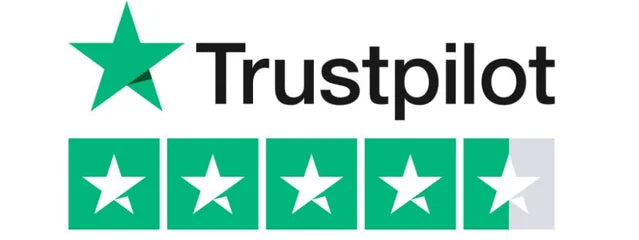* Paris Facing a Drone Dilemma
The city of Paris, France has experienced an unusual rash of consumer drones sightings over the past few weeks. In late February, it was reported that three journalists from the Qatari news agency Al Jazeera were arrested for illegally flying drones over Parisian landmarks. According to CCTV-America, these landmarks included the Gare de l’Est train station, the Paris Opera, the Eiffel Tower, and the Elysee Palace (home of the French president). Other sightings had been reported near the American embassy and French military stations. The journalists flew the drones at night and did not have licenses, and both of these actions are illegal in Paris.
The BBC reported that one of the journalists, Tristan Redman, was fined €1,000 (US $1,050) for his misconduct. The British news outlet stated that security concerns are high in The City of Light after the January terrorist attack on the Charlie Hebdo office. While the motives of the Al Jazeera reporters appeared to, ironically, be geared towards gathering images for a news story, security officials are worried about more sinister plots that could utilize drones as a weapon.
* Marketing Firm Collecting Wireless Data with Drones
It looks like the NSA isn’t the only entity that’s tracking your wireless data. AdNear, a Singaporean marketing company, has reportedly been using drones to capture data from people’s cell phones. The company, in the spirit of “experimentation,” used this data to send location-based, targeted advertisements to consumers. The technology can track how often people pass by certain stores. If someone walks by a Starbucks café every day on their way to work, AdNear’s drones can detect this behavior. The company would then be able to send that person an advertisement about Starbucks coupons or promotions as he/she approaches the usual Starbucks location.
According to Forbes, AdNear started testing its product in the San Fernando Valley of Los Angeles last month, and the company plans to continue experimenting in other areas of the globe. AdNear insists that the data it collects is not personally identifiable, but the firm will likely have to contend with future allegations of spying, since that is the stigma that usually accompanies data collection activities.











